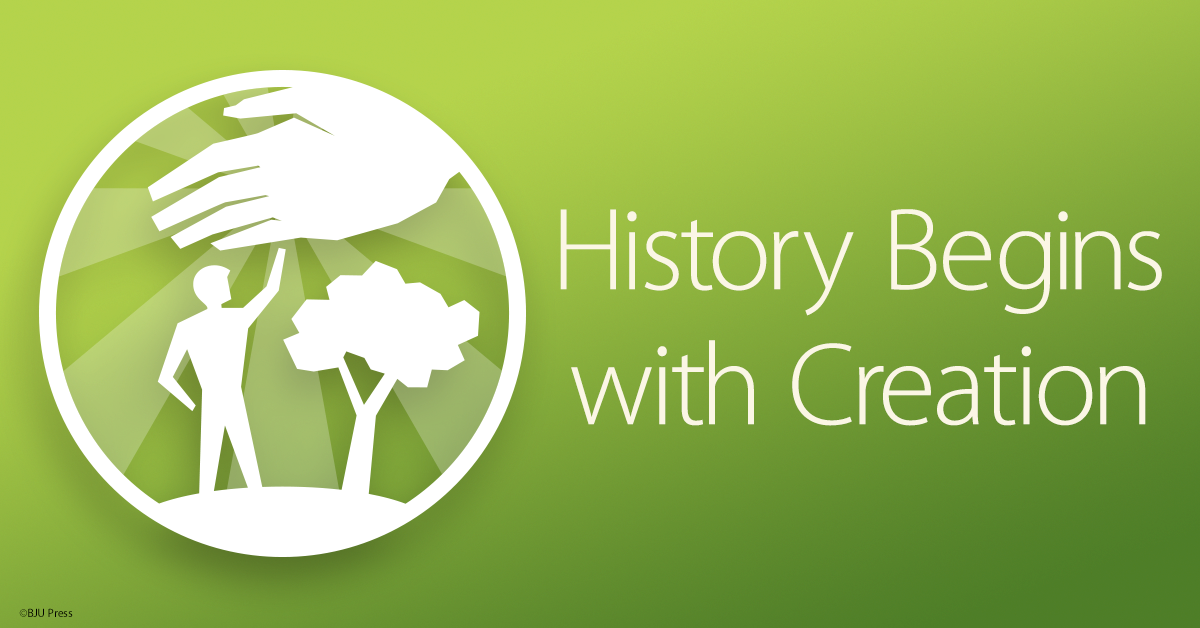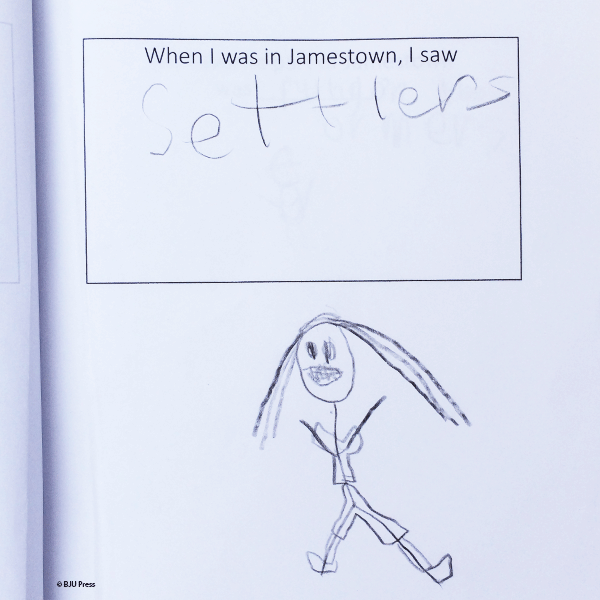“The glory of the Lord shall be revealed, and all flesh shall see it together.” You might recognize this text from Isaiah 40:5. Some might also recognize it from Dr. Martin Luther King Jr.’s historic “I Have a Dream” speech, which he delivered more than fifty years ago.
Dr. King quoted God’s Word as he sought unity among the races. He reminded the people of his day that they all had a single unifying bond that connected them regardless of race, culture, and wealth—the idea that “all men are created equal”—which is fundamentally a biblical concept. La Shawn Barber, a columnist at World magazine, has said, “As the church grapples with racial issues today, King’s life may serve as an example of someone who challenged the church to live up to biblical ideals and invoked Christ in the name of racial justice. . . . He infused the civil rights movement with Christian principles.”

Today race relations in our nation have improved and basic civil rights are extended to all Americans. And Martin Luther King Jr.’s words are now most commonly seen in history books—except Isaiah 40:5.
Like the rest of the Bible, this piece of God’s Word is timeless. It’s just as relevant today as it was in 1963 and in Old Testament times. “Black only” drinking fountains or “white only” lunch counters are artifacts of the past, but our nation remains divided. Today there are more lines: black, white, brown, tan, red, and blue. Even Bible-believing Christians are divided and often distracted from what really matters.
While it is true that Dr. King was a man with flaws, we find in his speech an acknowledgement that God’s Word speaks to mankind’s problem of division. He also had the courage to say it in front of the world. Today, few public figures or leaders would make such a bold statement. Few would risk the backlash from the media in a culture that is becoming increasingly hostile to the Truth. It’s critical that we train the next generation of leaders to understand and correctly apply the truths of the Bible. God’s Word transcends all debate and must be the foundation on which Christians base our relationships with one another (Philippians 2:1–4).
Image Source: The appearance of U.S. Department of Defense (DoD) visual information does not imply or constitute DoD endorsement.





